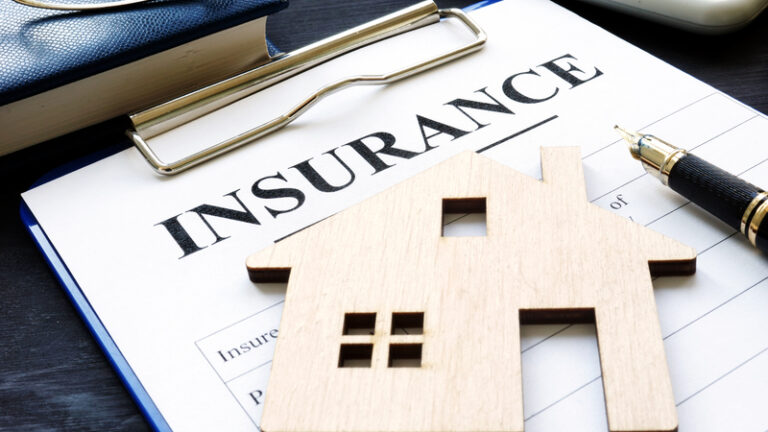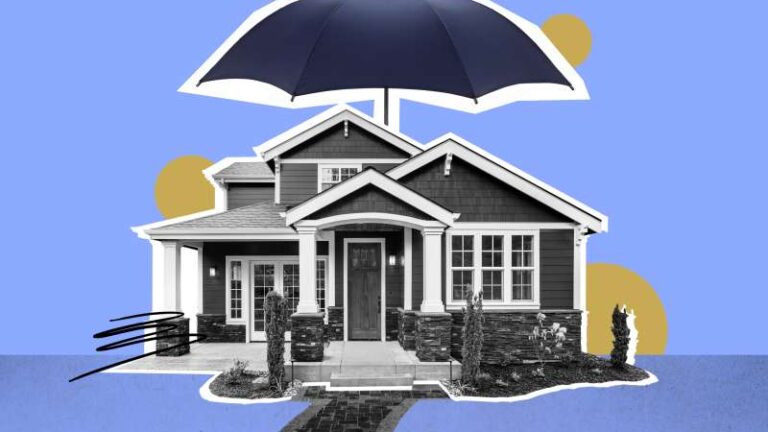Tips for reducing home insurance premiums is a critical financial safety net that protects homeowners against a variety of unforeseen events, such as natural disasters, theft, and liability claims. However, the cost of home insurance premiums can be a significant burden for many homeowners. Fortunately, there are several strategies that homeowners can employ to reduce their home insurance premiums without sacrificing essential coverage. In this comprehensive guide, we will explore various tips and tactics to help homeowners save money on their home insurance while ensuring they maintain adequate protection for their most valuable asset.
Shop Around
The first and most crucial step in reducing your home insurance premiums is to shop around and compare quotes from multiple insurance providers. Different companies offer varying rates, and you may find substantial savings by simply switching to a different insurer. Online comparison tools and insurance brokers can help simplify this process.
Bundle Your Policies
Many insurance companies offer discounts to policyholders who bundle their home insurance with other policies such as auto or life insurance. By consolidating your insurance needs with one provider, you can often enjoy significant cost savings.
Increase Your Deductible
The deductible is the amount you must pay out of pocket before your insurance coverage kicks in. Increasing your deductible can result in lower premiums. However, it’s crucial to ensure you have enough savings set aside to cover the higher deductible in case you need to make a claim.
Improve Home Security
Investing in home security measures can not only enhance your safety but also reduce your insurance premiums. Installing features such as burglar alarms, deadbolt locks, motion-sensor lighting, and security cameras can make your home less susceptible to theft or vandalism, leading to lower premiums.
Upgrade Your Home
Renovating or upgrading your home can also lead to insurance savings. Improvements such as a new roof, updated electrical and plumbing systems, and storm-resistant windows can reduce the risk of damage and may qualify you for discounts.
Maintain Good Credit
Insurance companies often consider your credit score when determining your premiums. Maintaining good credit can help you secure lower rates, so it’s essential to pay your bills on time, reduce outstanding debt, and monitor your credit report regularly.
Review and Adjust Coverage
Periodically review your home insurance policy to ensure you are not over-insured. If your home’s value has decreased, or you’ve paid off your mortgage, you may be able to lower your coverage limits without compromising protection. However, be cautious not to underinsure your property.
Raise Liability Limits
Increasing your liability coverage limits can provide you with more financial protection in the event of a lawsuit or liability claim. Surprisingly, higher liability limits may only result in a modest increase in premiums, making it a cost-effective way to enhance coverage.
Ask About Discounts
Insurance providers often offer various discounts, such as senior citizen discounts, military discounts, or loyalty rewards for long-term customers. Be sure to ask your insurer about any discounts you may be eligible for and take advantage of them.
Avoid Small Claims
Filing frequent small claims can lead to increased premiums or even policy non-renewal. It’s often more cost-effective to pay for minor repairs or losses out of pocket rather than making a claim.
Consider Flood and Earthquake Coverage
Standard home insurance policies typically do not cover damage caused by floods or earthquakes. If you live in an area prone to these natural disasters, consider purchasing separate flood and earthquake insurance. While this may increase your overall insurance costs, it can protect you from significant financial losses.
Choose a Higher-Rated Insurance Provider
When selecting an insurance company, consider their financial stability and customer satisfaction ratings. A reputable insurer is more likely to provide fair rates and efficient claims processing.
Remove Unnecessary Coverage
Review your policy for add-ons or endorsements that you no longer need. For example, if you’ve sold valuable jewelry or artwork, you may be able to remove scheduled personal property coverage for those items.
Maintain a Claims-Free History
A history of no insurance claims can result in lower premiums over time. Insurers often reward policyholders with a claims-free record by offering discounts.
Install Fire Safety Measures
Installing fire safety features like smoke detectors, fire extinguishers, and a sprinkler system can reduce the risk of fire-related damage and lead to lower insurance premiums.
Consider Location
Where your home is located can significantly impact your insurance premiums. Homes in areas with a lower risk of natural disasters, crime, and other hazards typically have lower premiums. Before purchasing a home, research the insurance costs associated with the area.
Understand Your Policy
Take the time to thoroughly understand your home insurance policy. Knowing what is covered and what isn’t can help you avoid unnecessary expenses and ensure that you’re adequately protected by Tips for reducing home insurance premiums is a critical financial safety net that protects homeowners against a variety of unforeseen events.
Review and Update Your Inventory
Maintain an up-to-date inventory of your possessions. In the Tips for reducing home insurance premiums is a critical financial safety net that protects homeowners against a variety of unforeseen events event of a loss, this can help you accurately assess your insurance needs and expedite the claims process.
Choose Payment Methods Wisely
Some insurers offer discounts to policyholders who pay their premiums annually or through electronic funds transfer. Explore different payment options to find potential savings.
Monitor Your Home’s Condition
Regularly inspect and maintain your home to prevent issues that could lead to insurance claims. Promptly address any maintenance or repair needs to keep your property in good condition.
Conclusion
Reducing your home insurance premiums without compromising coverage requires a combination of diligence, awareness, and smart decision-making. By following Tips for reducing home insurance premiums is a critical financial safety net that protects homeowners against a variety of unforeseen events tips and regularly reassessing your insurance needs, you can protect your home and possessions while keeping your insurance costs manageable. Remember that while cost savings are essential, it’s equally crucial to ensure that your coverage adequately safeguards your most valuable asset – your home. Consult with insurance professionals, review policies, and make informed choices to strike the right balance between protection and affordability.






